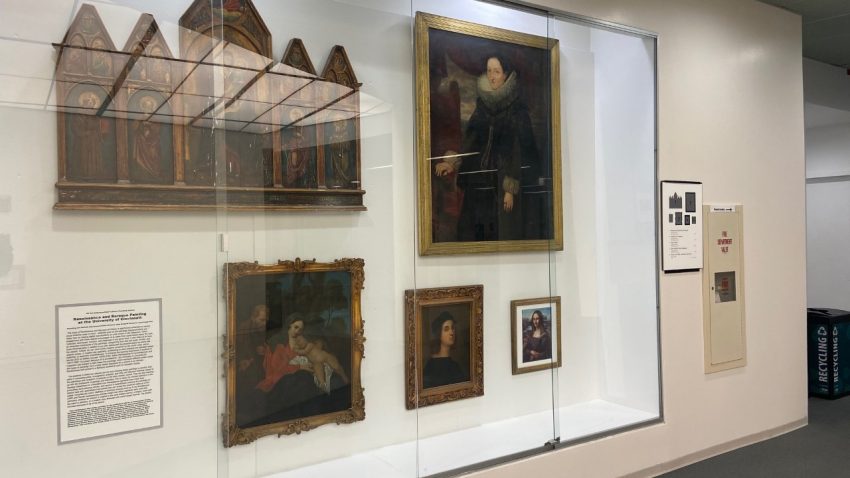
Exhibit of paintings-possibly Renaissance and Baroque from UC’s art collection

DAAP Art History Prof. Chris Platts invites direct observation of these works of art from UC’s art collection to aid his classes (ARTH 5184 & ARTH 3021) in determining style, iconography, materials, function, patronage, and deeper symbolic meanings of the works. Prof. Platts is teaming up with UC geology and chemistry professors to give his students the chance to study an in-house mineral collection as a basis for analysis of paint pigments and how they were made in the Renaissance time period. As a class activity, the students will analyze these paintings from paint chips to date them and attempt to identify which one is a forgery.

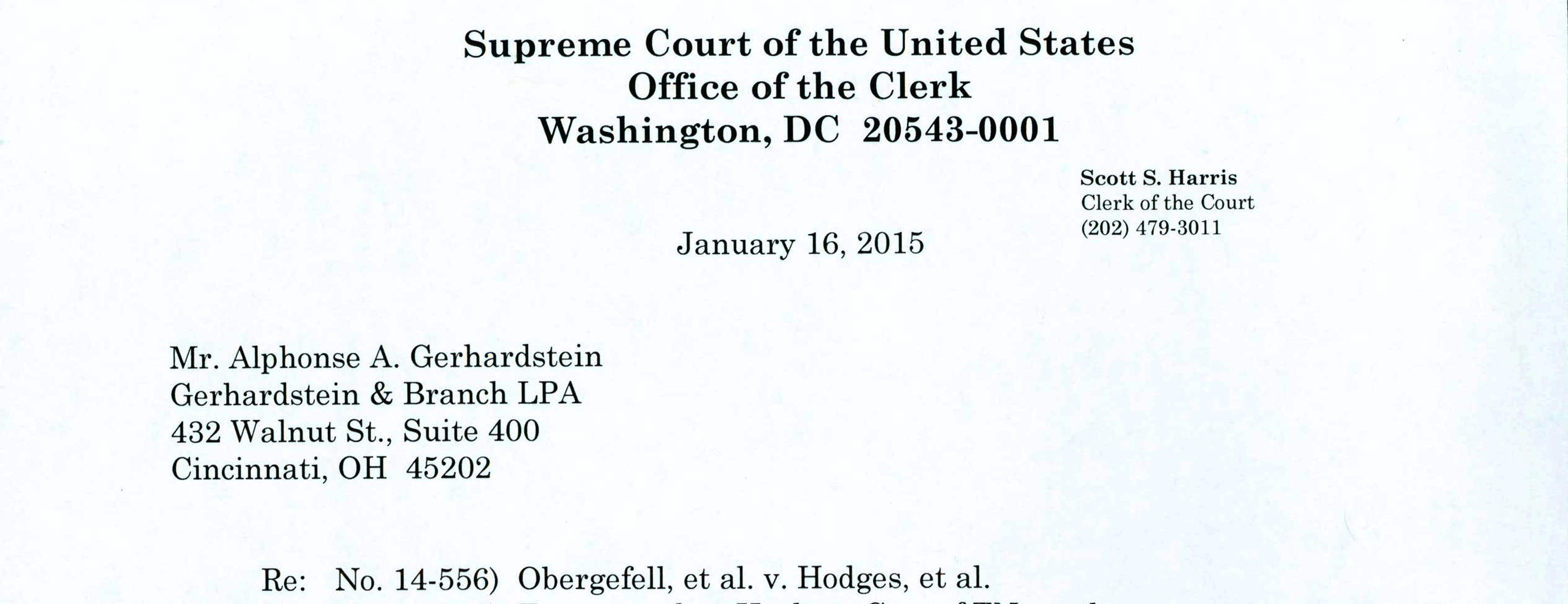
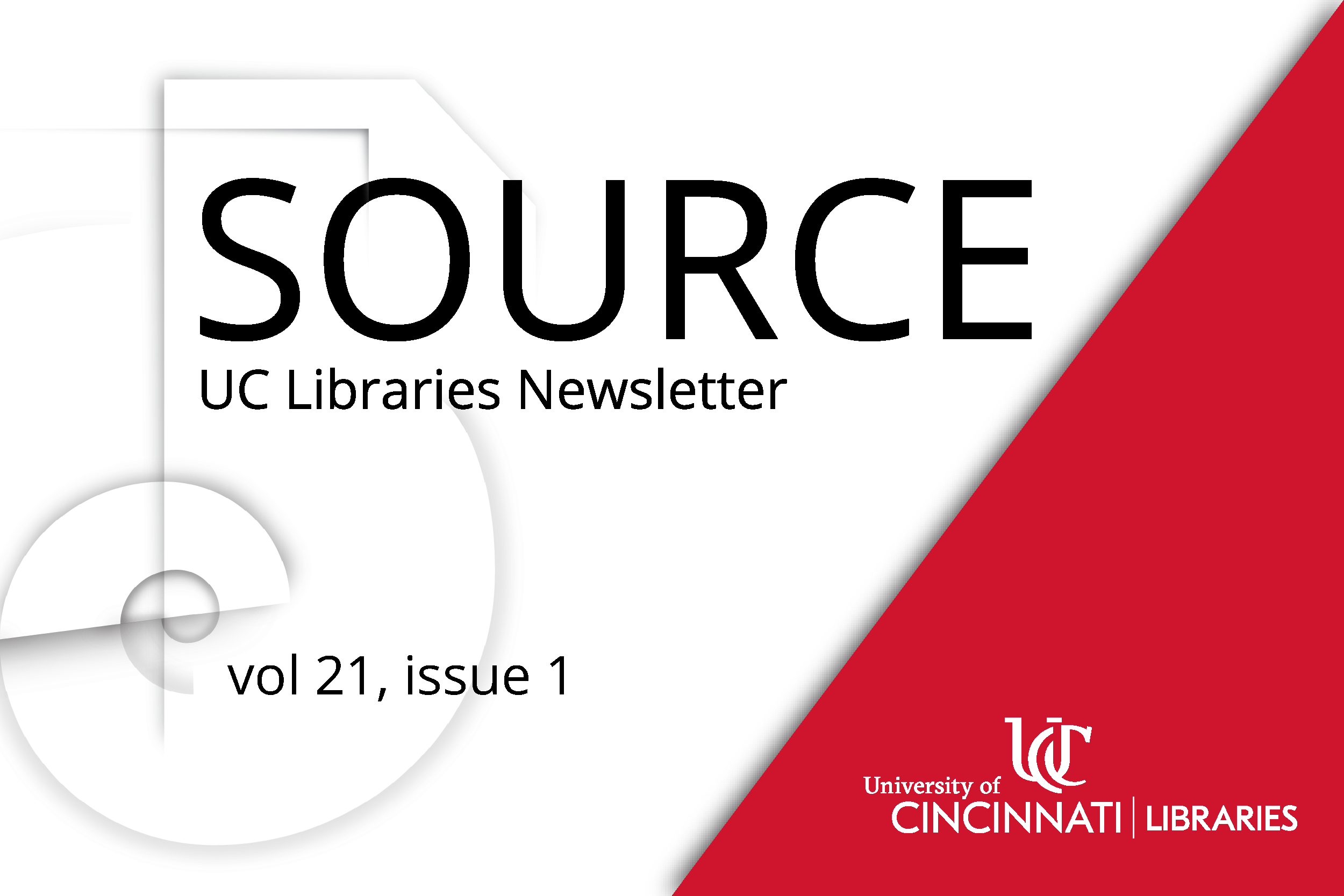 Read Source, the online newsletter, to learn about the news, events, people and happenings in UC Libraries.
Read Source, the online newsletter, to learn about the news, events, people and happenings in UC Libraries.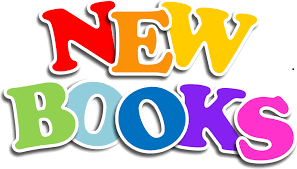
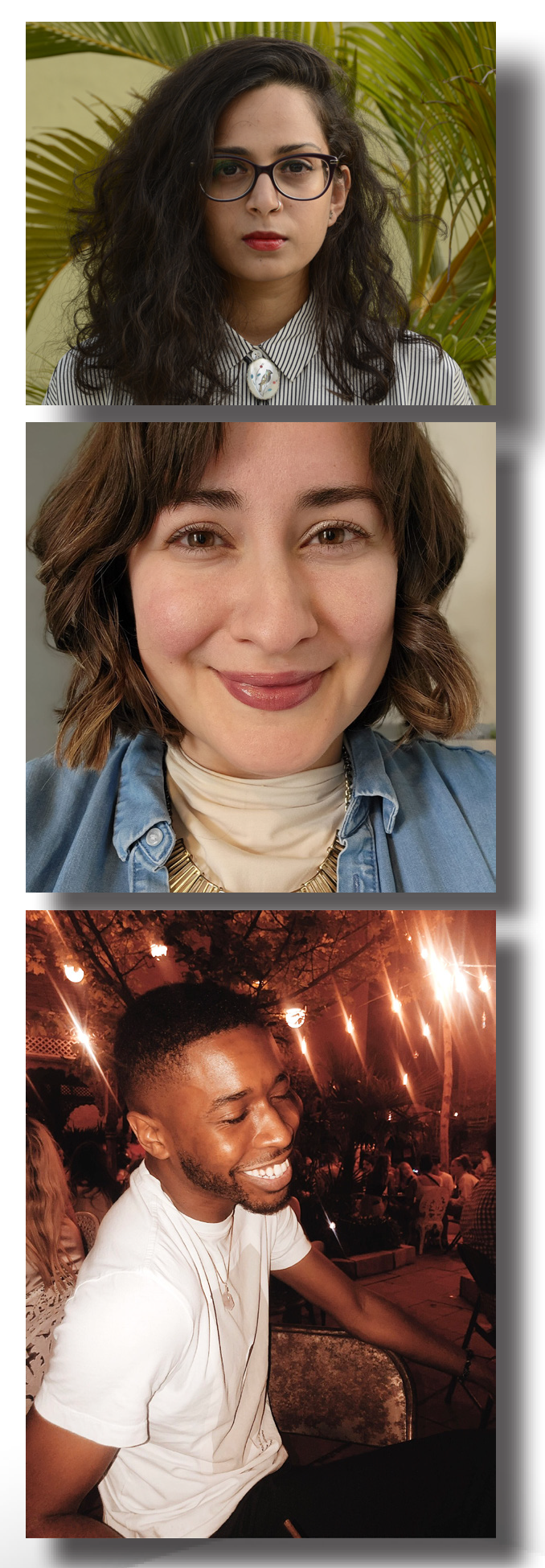 At the inaugural event, scheduled for Wednesday, Oct. 19 at 4:30pm, three poets will read original works.
At the inaugural event, scheduled for Wednesday, Oct. 19 at 4:30pm, three poets will read original works.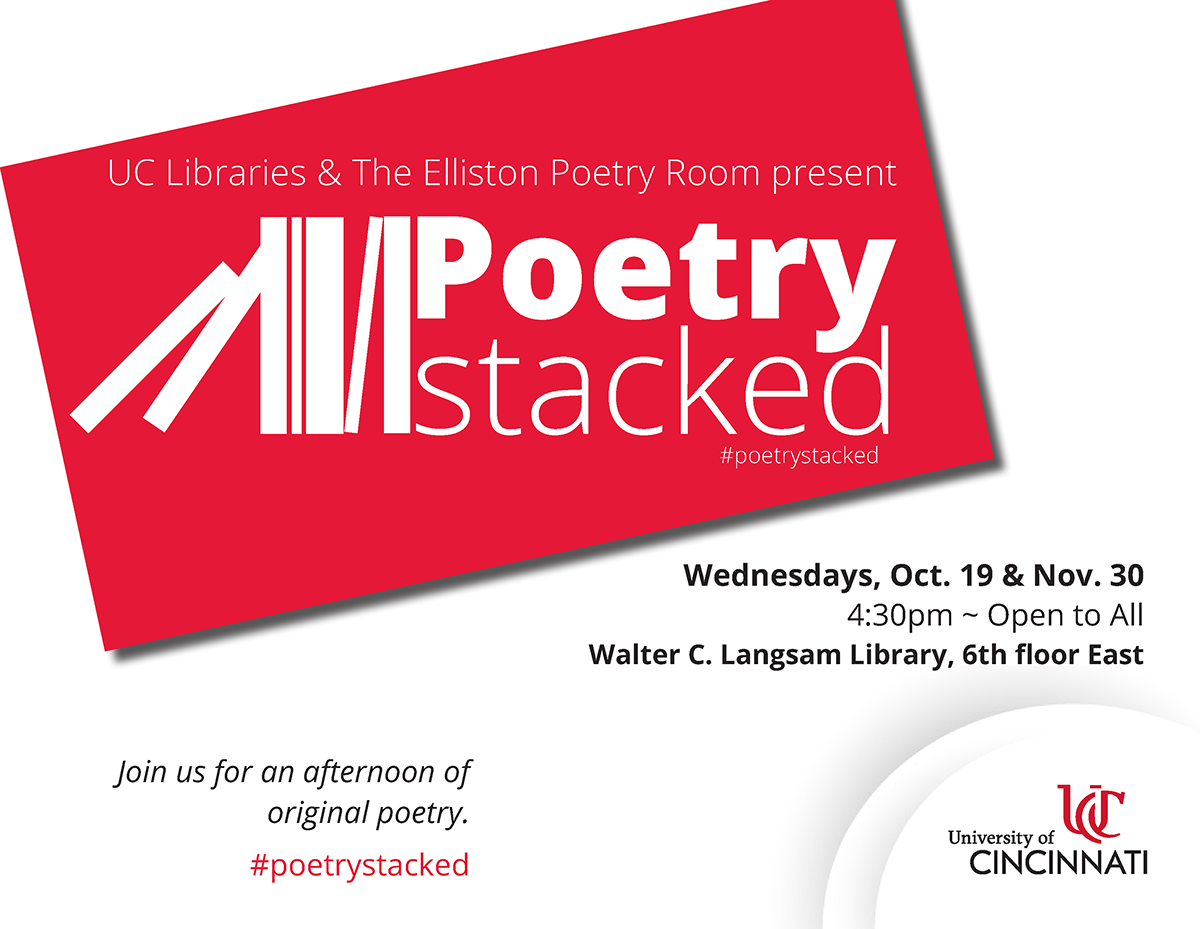


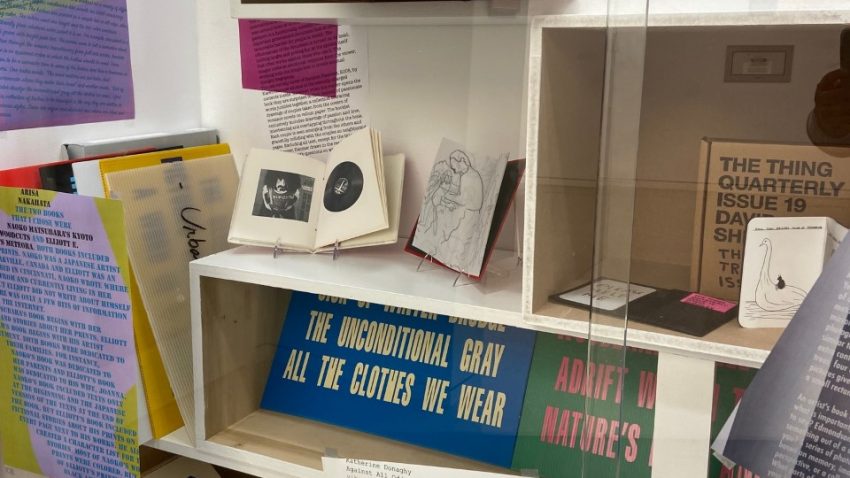
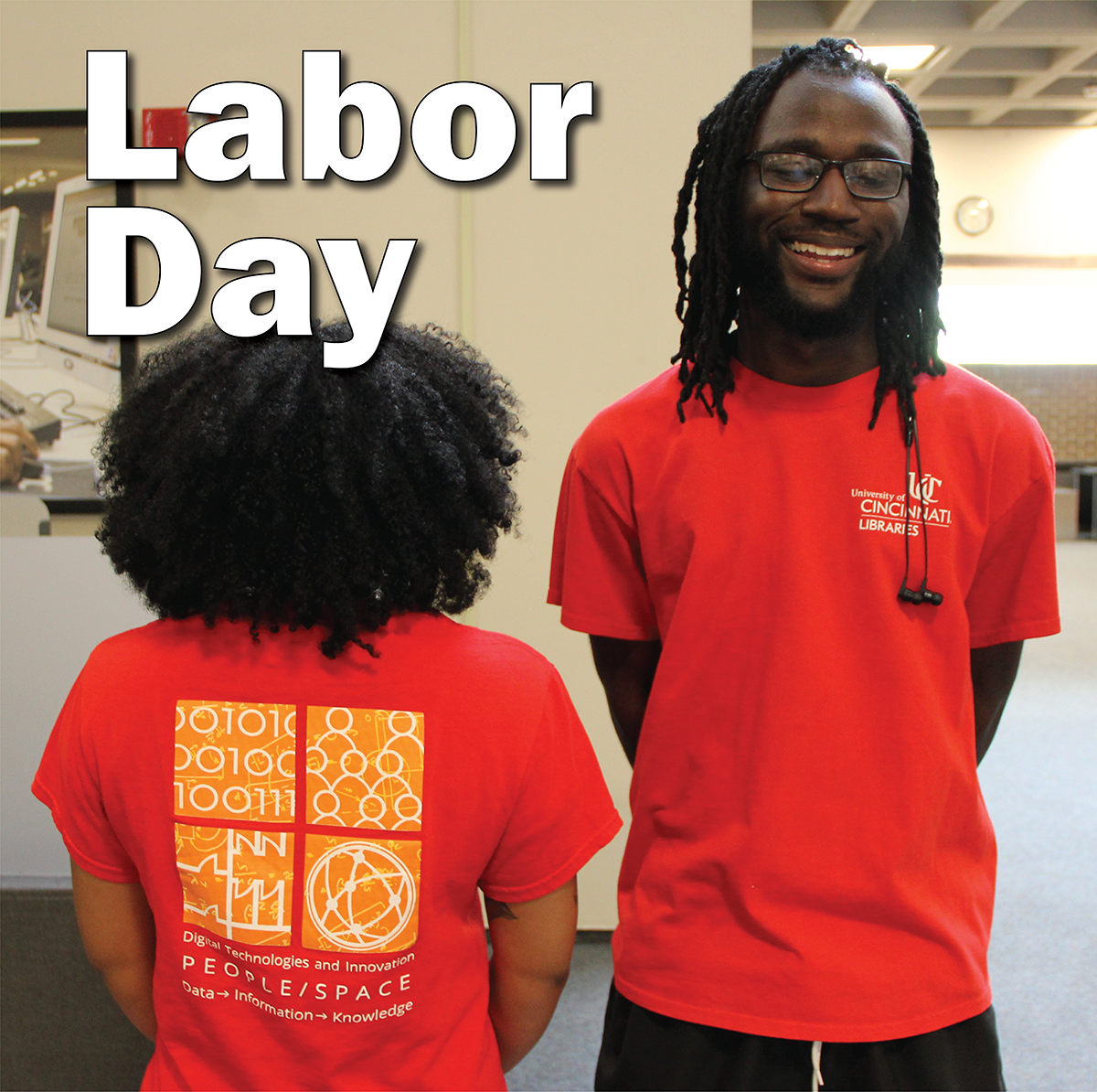 All University of Cincinnati Libraries
All University of Cincinnati Libraries